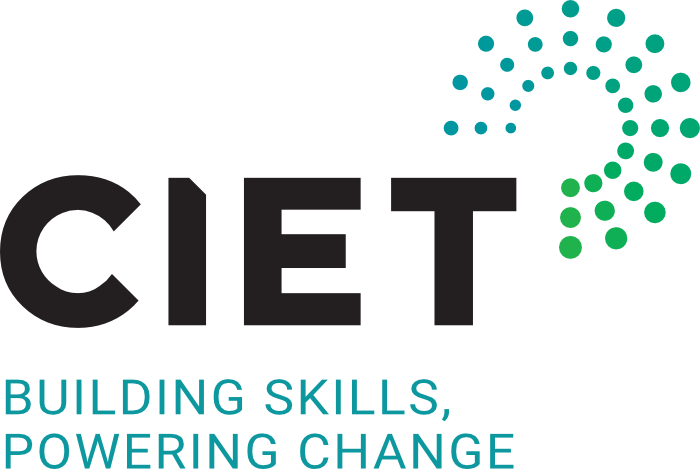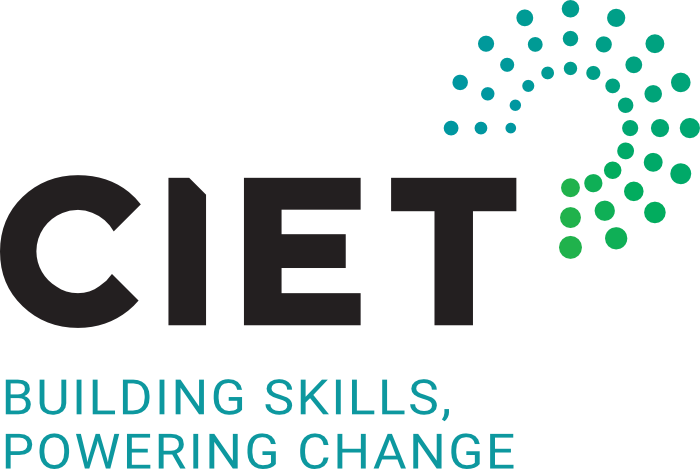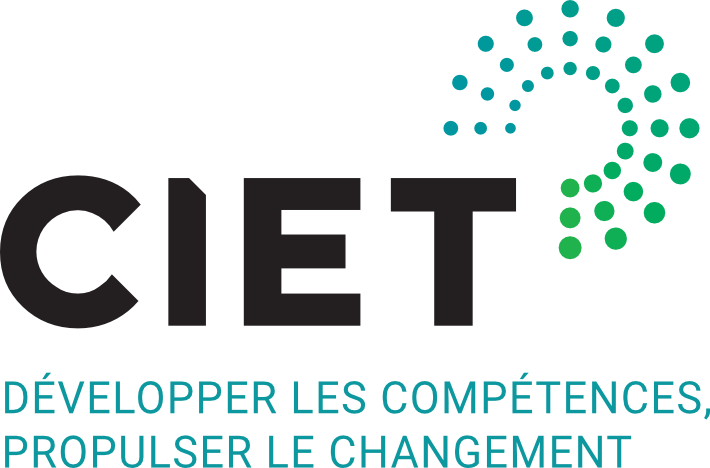
Indigenous Awareness 101
An introduction to the histories, cultures and issues facing Indigenous Peoples in Canada. With over 1.6 million people in Canada identifying as Indigenous, it is essential to recognize the heritage, diversity, and rights of Indigenous Nations. The histories, traditions, and beliefs of Indigenous communities are unique and all cultures are […]




